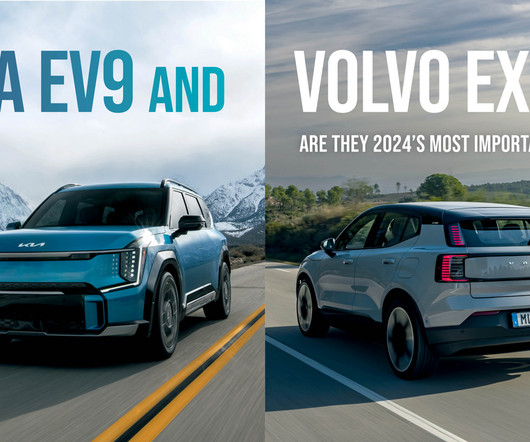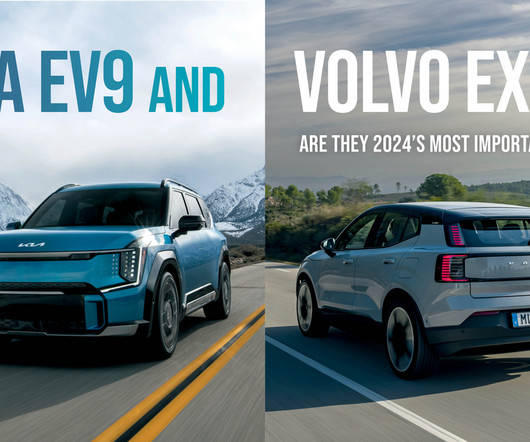Mazdas new SKYACTIV gasoline and diesel engines are steps on the road to its Ideal Engine; focus on compression ratio
Green Car Congress
AUGUST 4, 2011
However, while Mazda plans to offer hybrid vehicles in the medium-term, its engineers are pushing hard to increase the efficiencies of both the gasoline and diesel platforms, moving toward what they call “the ideal Internal Combustion Engine.” Extreme compression ratio rather than downsizing. Click to enlarge.
























Let's personalize your content